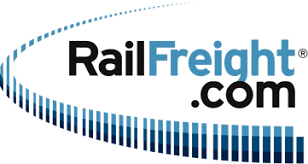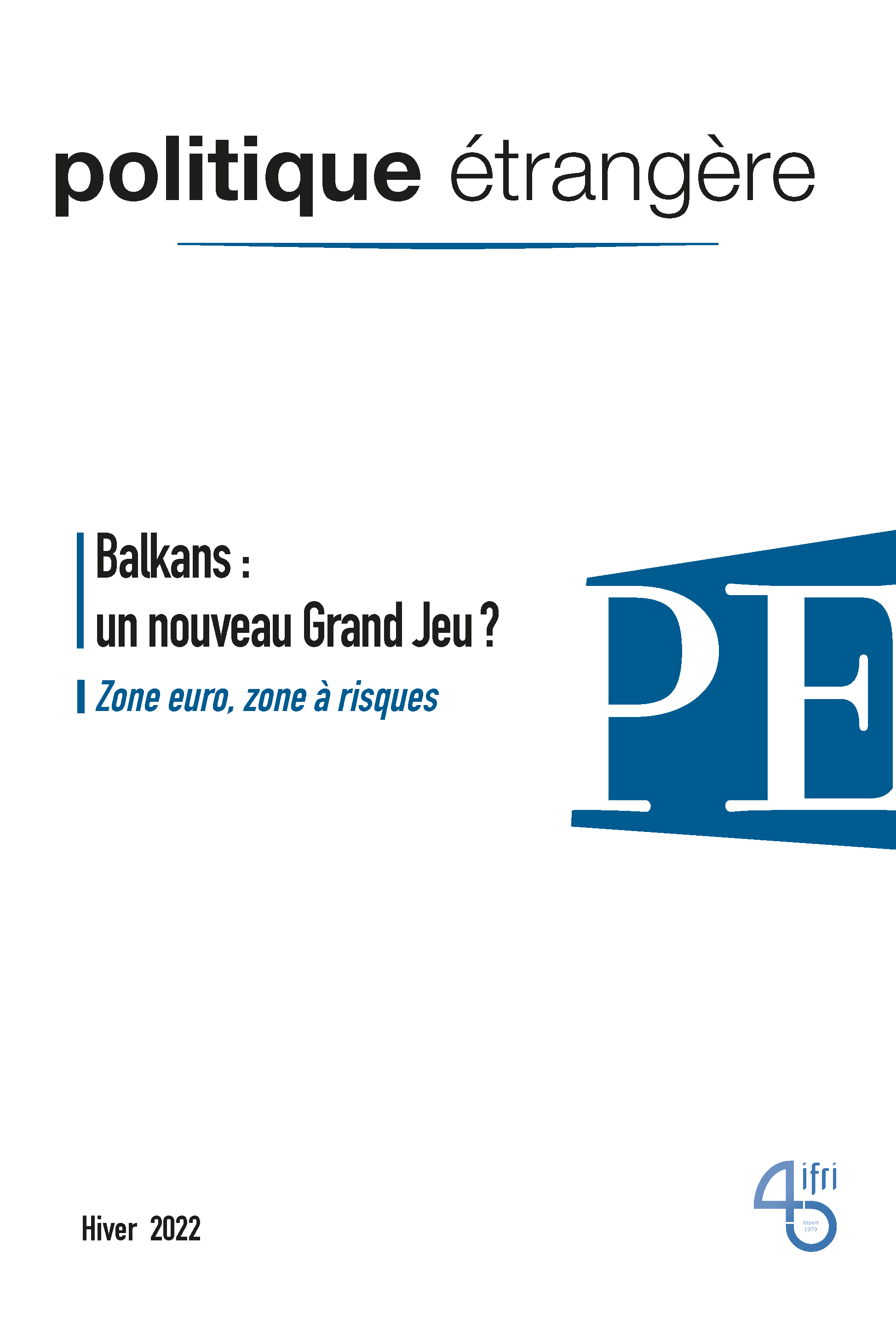

Can Politics and Business Align? Policy, Transparency and Logistics
Politics and business can be intertwined in many ways but also conflicting. This is especially the case regarding foreign investments and possible influence by third countries in Europe, for example.

The World Through the Lens of Ukraine
This issue of Politique étrangère looks at three conflicts currently unfolding around the world.
The Europeanisation of the Energy Transition in Central and Eastern EU Countries: An Uphill Battle that Can Be Won
Russia’s war in Ukraine, and the brutal decoupling from Russian fossil fuels, is a game changer for the Central and Eastern Europe region which was still heavily dependent on Russia for its energy supply.

The Balkans: A New Great Game?
What political spaces make up the Old Continent? This question is at the heart of the Ukrainian conflict.

Ukraine: Between Two Peaces?
We have reentered the world of war. In its first special report, Politique étrangère offers a range of in-depth analyses of the military and political dynamics at work in a Europe that has just woken up from its dream of enduring peace. The direct confrontation between Ukraine and Russia has pitted two military and defense systems against each other, whose asymmetrical logics, strengths, and weaknesses we are discovering as the conflict unfolds.
Seven Years of The 16+1: An Assessment of China’s ‘Multilateral Bilateralism’ in Central Europe
Since mid-2012, in the wake of the global financial crisis, China has sought to reinvigorate relations with Central and Eastern Europe (CEE), notably through the creation of the 16+1 formula.
Russia and Central and Eastern Europe: between Confrontation and Collusion
Since the start of the Ukraine crisis in early 2014, the states of East Central Europe have become increasingly important targets of Russian economic, political and military pressure. Russia finds itself in the trajectory of geopolitical retreat on the Western “front”, and seeks to slow down this process by mobilizing every economic, political and military asset in East Central Europe, where various weak points in the European and Atlantic unity exist—and are typically overestimated by Moscow.
The Europeanisation of the Energy Transition in Central and Eastern EU Countries: An Uphill Battle that Can Be Won
Russia’s war in Ukraine, and the brutal decoupling from Russian fossil fuels, is a game changer for the Central and Eastern Europe region which was still heavily dependent on Russia for its energy supply.
Seven Years of The 16+1: An Assessment of China’s ‘Multilateral Bilateralism’ in Central Europe
Since mid-2012, in the wake of the global financial crisis, China has sought to reinvigorate relations with Central and Eastern Europe (CEE), notably through the creation of the 16+1 formula.


Can Politics and Business Align? Policy, Transparency and Logistics
Politics and business can be intertwined in many ways but also conflicting. This is especially the case regarding foreign investments and possible influence by third countries in Europe, for example.
Support independent French research
Ifri, a foundation recognized as being of public utility, relies largely on private donors – companies and individuals – to guarantee its sustainability and intellectual independence. Through their funding, donors help maintain the Institute's position among the world's leading think tanks. By benefiting from an internationally recognized network and expertise, donors refine their understanding of geopolitical risk and its consequences on global politics and the economy. In 2024, Ifri will support more than 70 French and foreign companies and organizations.














